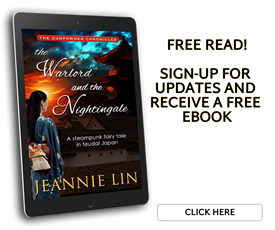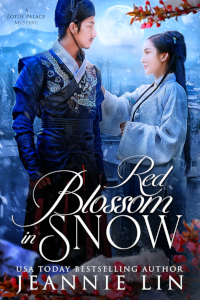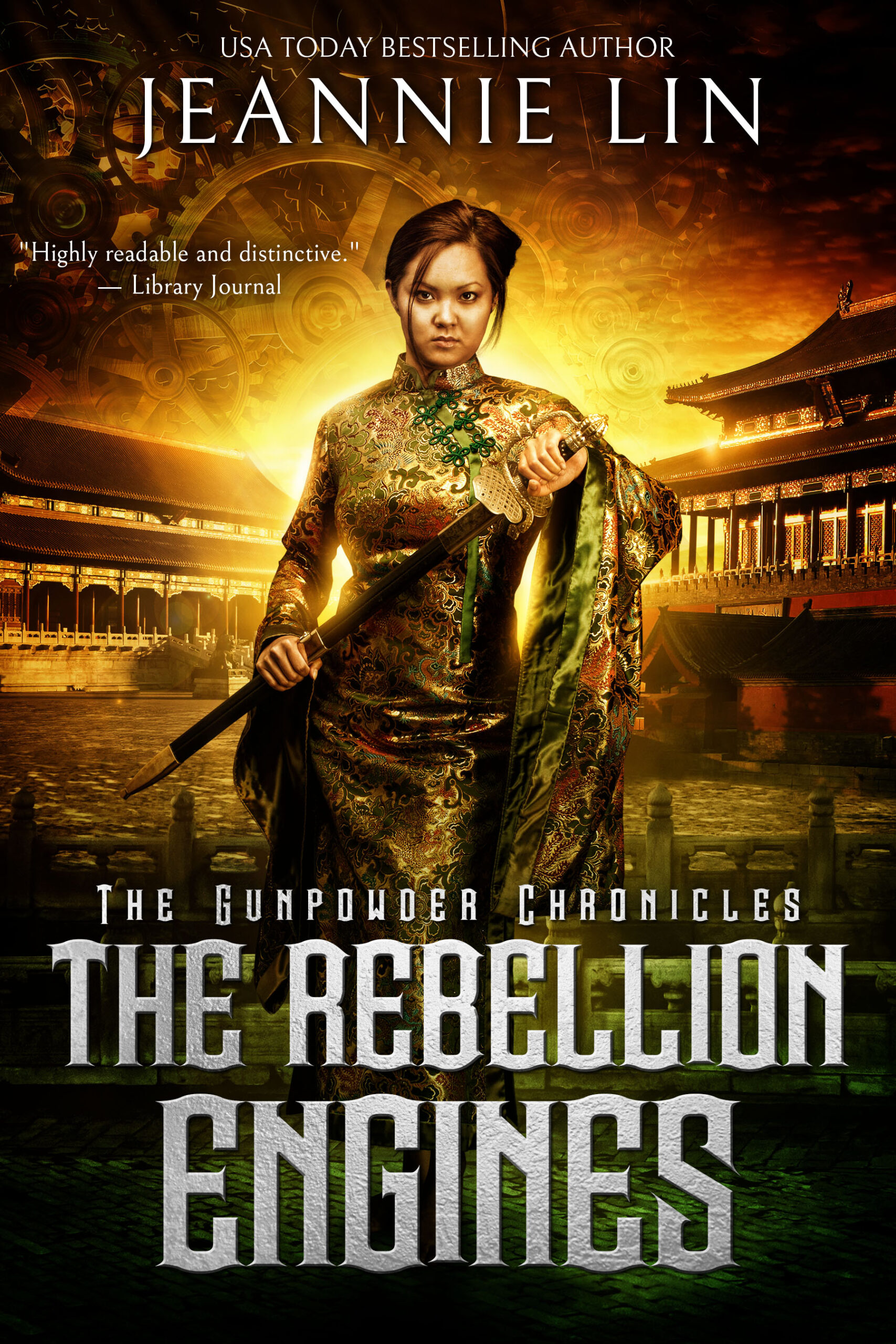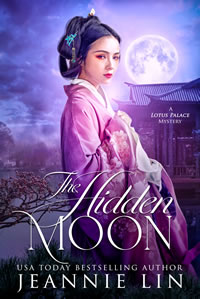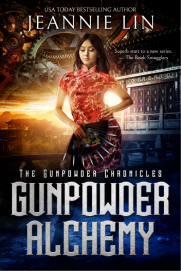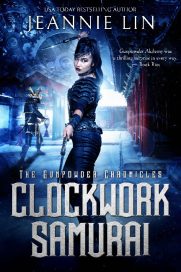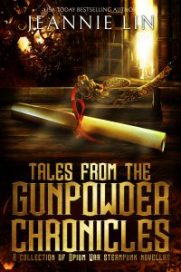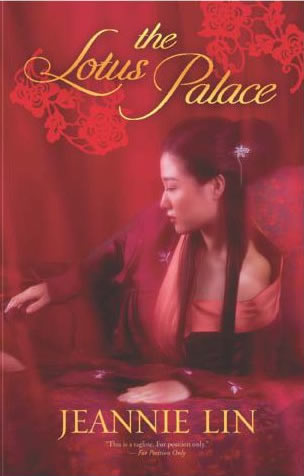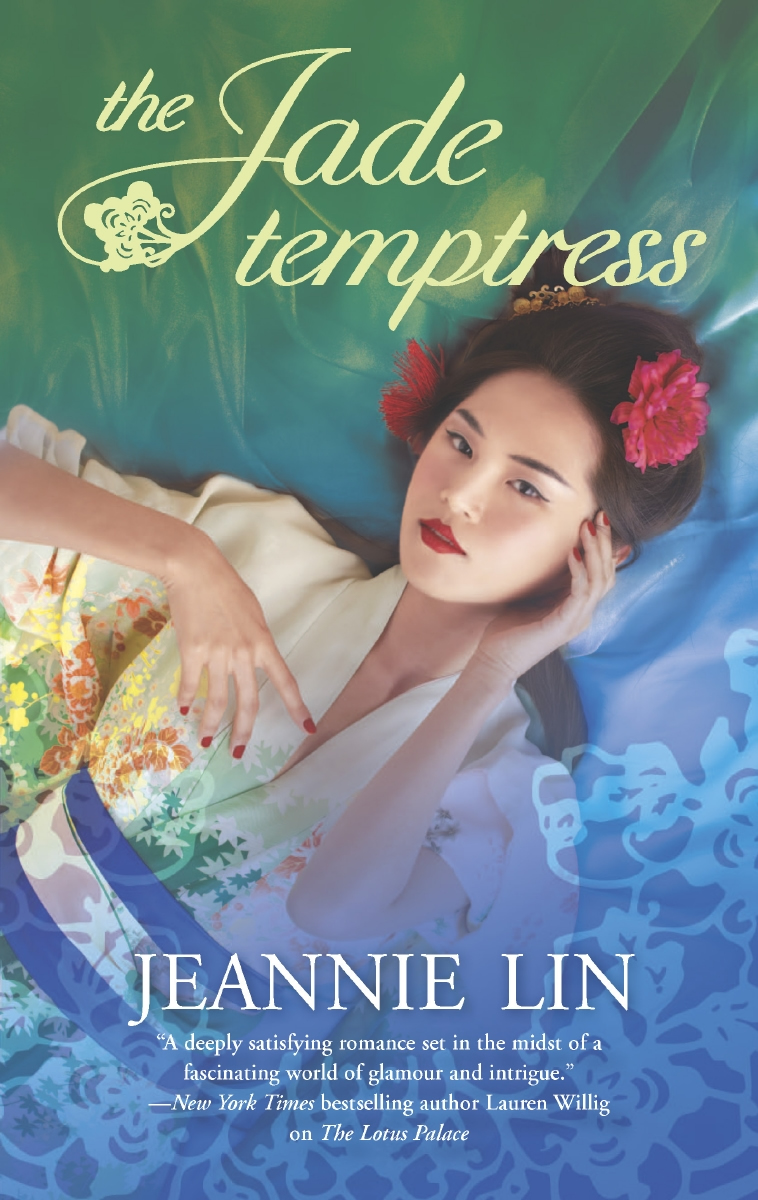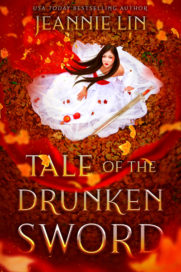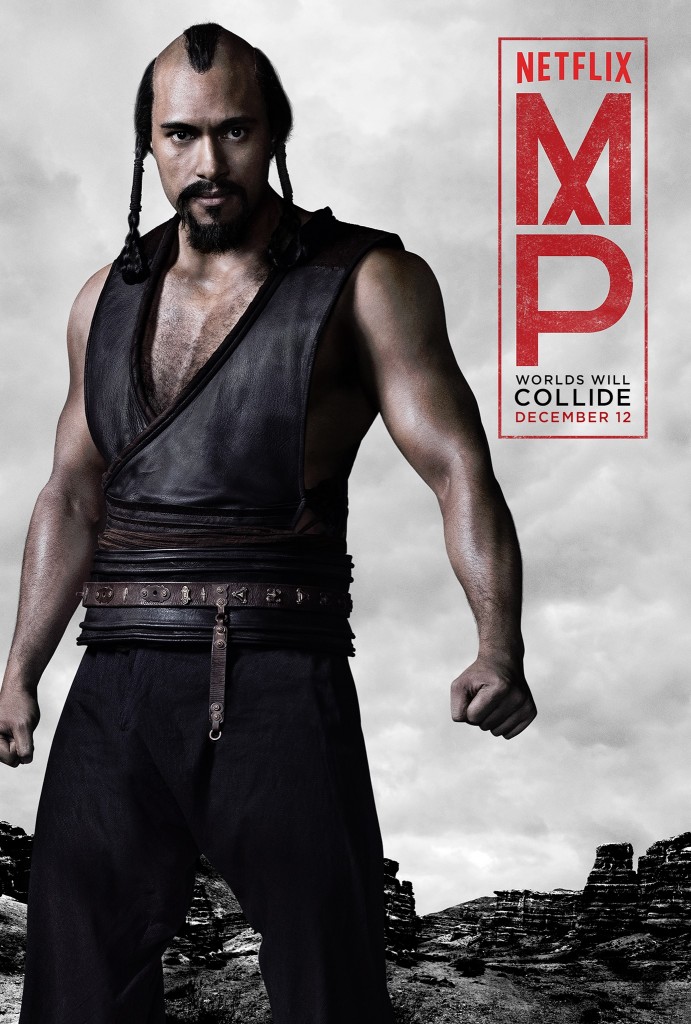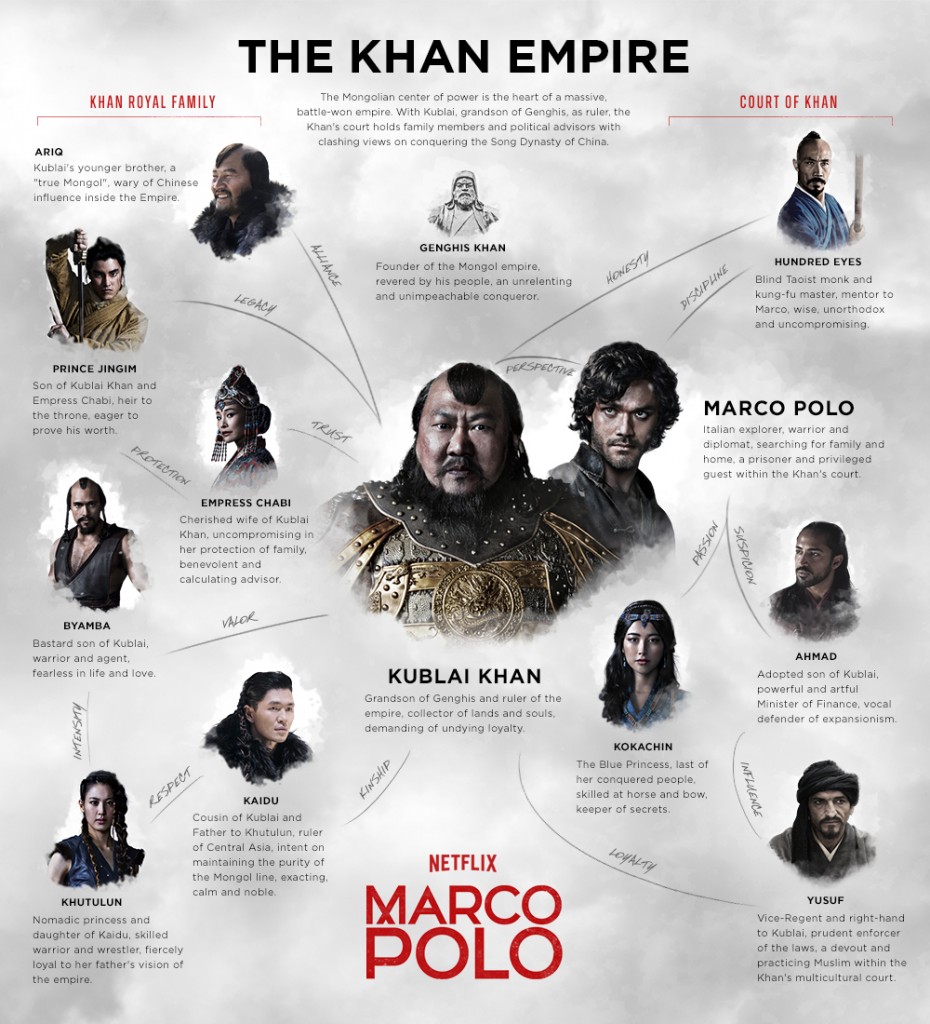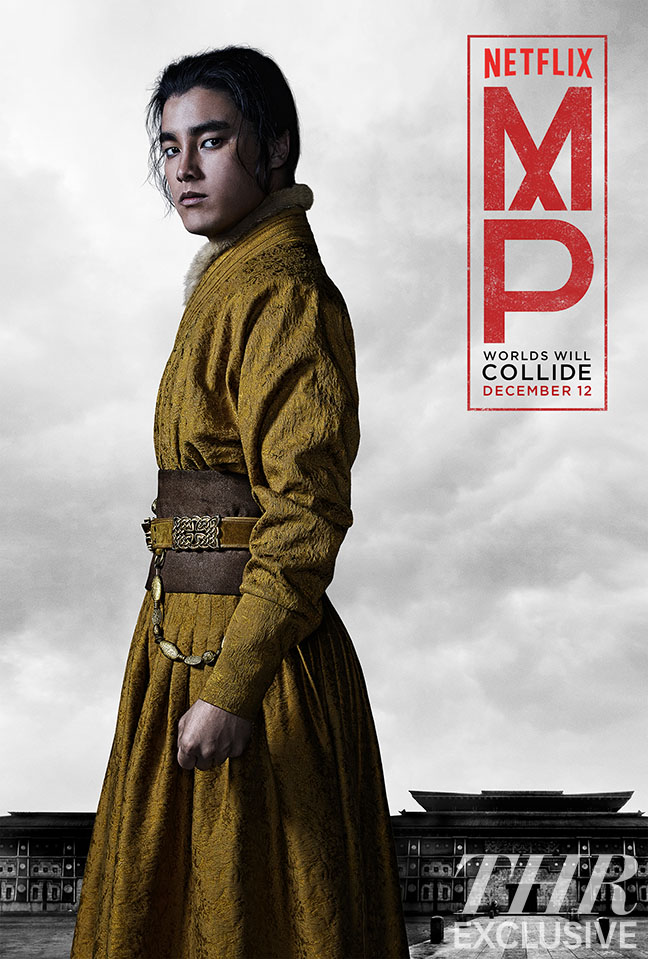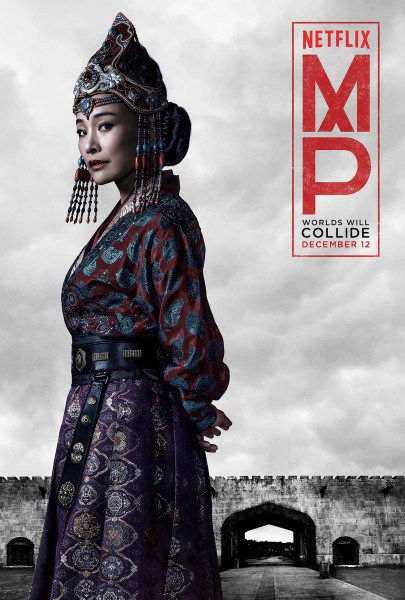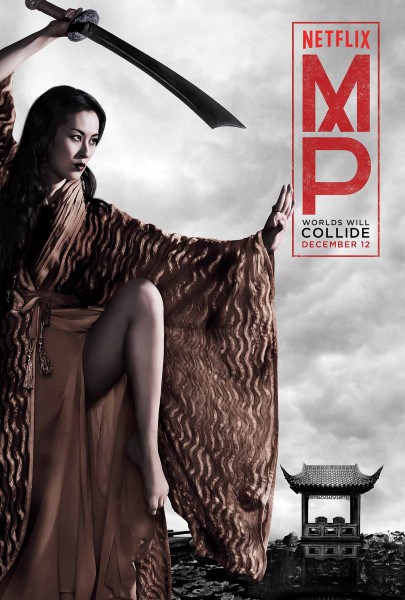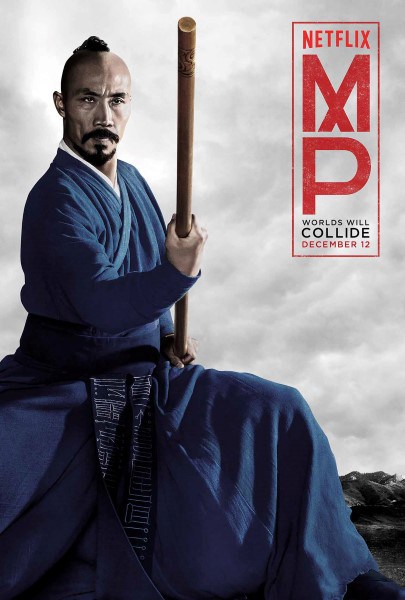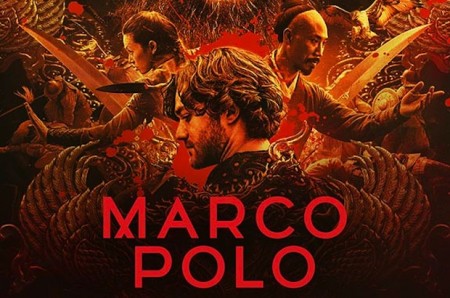 So in December 2014, I went a bit fangirl wild over the Netflix mini-series about Marco Polo. Sure, there were a few bumps in the initial episodes as the series found its stride, but the beautiful sets, kung-fu action, strong acting, kickass females and eye candy (Remy Hii, Uli Latukefu) were more than enough to keep me riveted until the endgame of season 1 which was wuxia-tastic and so much awesome.
So in December 2014, I went a bit fangirl wild over the Netflix mini-series about Marco Polo. Sure, there were a few bumps in the initial episodes as the series found its stride, but the beautiful sets, kung-fu action, strong acting, kickass females and eye candy (Remy Hii, Uli Latukefu) were more than enough to keep me riveted until the endgame of season 1 which was wuxia-tastic and so much awesome.
I have been eagerly awaiting for the second season ever since. When I learned that Michelle Yeoh had been cast, I was beside myself. When was this going to happen because I needed it now!!!
When I learned that all the episodes for season 2 would be available at once on July 1, I was giddy. I could clear my schedule on the holiday weekend and chain watch.
And I did. On July 3rd, I watched all 10 episodes before hitting pause midway through the finale because it was 3am and I could barely keep my eyes open.
My verdict? Season 1 times TEN.
The acting is amazing with the actors really coming into their own in the second season. Marco is still awwight. His role here is observer and I’m okay with that. The Asian cast is just stellar and I feared for the vacuum that the departure of Chin Han would leave (so wonderful as Jia Sidao last season), but Mahesh Jadu’s Ahmad was so coolly villainous. I had to Google the character and was just thrilled to find more about the historical counterpart that inspired him. (More on historical backdrop of Marco Polo season 2 later)
Okay…I seriously don’t ‘even know where to start. Will try to avoid spoilers because I really want y’all to watch this show. I think anyone who loves the setting and intrigue in my stories (in short anyone who would follow me to this blog post) will just adore this show.
Reasons You Must Watch Marco Polo Season 2
Hand wave: First, in my reasons why Marco Polo S2 is awesome, I’m not going to go into the sets and costumes and cinematography. I’m going to intentionally hand wave it. Because if that’s mentioned, it’s implied that’s all there is to it: eye candy. So let’s just say everything and everyone looks amazing, because they do.
1. Romantic depth
In Season 1, I felt that Marco and Kokochin’s romance was meh, BUT….BUT!
Who would have thought the failure of that romance would work out in such a touching way in Season 2? I really got that Kokochin, in trying to survive, was trying to be happy with Prince Jingam. (I’m not just showing bias here because I find Remy Hii to be a Hottie McHottie.) I think Remy plays his relationship with Kokochin with so much more nuance and innocence and hope than the Marco/Kokochin relationship from season 1. They were both thrown together (marriage of convenience plot!), but I do believe he falls for her. And the results — heart wrenching on both sides.
And in the light of S2, when Kokochin asks Marco if he loved her (avoiding spoilers), his answer is perfect in the context of how the romance felt in S1. We see this is something that Kokochin has idealized in her mind. So Kokochin’s arc in S2 redeems the lukewarm romance of S1.
This was a tragic relationship worthy of the best tear-jerker wuxia dramas. The romances in this season were, to quote Kokachin (actress Zhu Zhu), : “Beautiful and terrible.”
2. Kung-Fu Storytelling
Notice I avoided the easy Kung-fu kickass action label here. I hate to praise Marco by comparing it to AMC’s The Badlands, since I really want The Badlands to succeed. Sure, The Badlands has some nice looking kung-fu action and wire-fu. However none of the fights, to me, add immensely to the story.
In S1, I was impressed how Fusco showed an understanding of how martial arts styles, schools and backgrounds typically are used for kung-fu character building and storytelling. The fact that Jia Siadao practices Mantis kung-fu and Hundred Eyes practices Wudang Tai Chi Chuan added to their characters.
I think the kung-fu in S2 is actually less pronounced — probably because there’s so much other stuff going on that it no longer has to be the easy selling point? (I say this as someone who has, yes, benefited from martial arts as an easy hook into Asian fiction. My books with swords on them sell more. *shrugs*)
You only have to watch Michelle Yeoh and Tom Wu in their balletic cat and mouse, hit and miss kung fu dance to know that there’s more to the kung-fu in Marco Polo than a bunch of stunts and wires. And the moment where blind warrior Hundred Eyes realizes he’s not alone because he hears a tear falling to the ground. OMG — in any ordinary scene, the badass blind guy would just hear a footstep, but this poetic and beautiful detail is worthy of the best of Chinese dramas. Respect.
3. Olivia Cheng as Meilin
Olivia Cheng’s character Meilin is just amazing. Meilin isn’t a historical figure — though she’s probably based on many historical concubines and imperial women who have had to navigate their way through treacherous times. There’s a lot of freedom with her narrative because of that. I loved her character in S1 and she grows even more in S2.
What I want to say about her is that I was really intrigued how she’s depicted for much of this season. Less overtly sexual (though there’s some dominitrix stuff that I’ll mention later), and much more complex. This is coming off of being one of the most complex characters in S1.
If you look at Meilin’s costuming and styling, she’s done up very differently from S1 where she was always very played up to be very pretty. Her make-up is subdued in S2 and, in her first scenes, her clothing is mannish and drab. These were all powerful choices that served her well. Michelle Yeoh is styled very similarly. These actresses are both gorgeous, but S2 is not playing on their beauty.
There’s a line where Kublai tells Meilin, “Keep lying, it suits you.” All the men she’s trying to manipulate know she’s lying and know what she’s capable of — so she’s not coming from the facade of being a weak female who’s underestimated. Yet they still underestimate her.
4. Historical and Cultural Detail
Yes, I know it’s a drama and not meant to strictly historical. What was intriguing to me was the extent that historical and cultural details were interwoven.
I was so drawn in that I was googling for the historical details that anchored the story between episodes, much like I do when I read fascinating historical fiction. How much of this was true?
Or, in this case, fabled — since a lot of what we know of Genghis and Kublai is fable.
Kublai, Kaidu, Nayan, Khutulun, Jingam, Ahmad, Chabi — all characters with historical counterparts. And their renderings have enough detail that harken back to their counterparts that I can see here history and fiction are intertwined.
Boy Emperor — also a real figure. Though his fate is not quite the same as shown. IRL, he perishes at seven by throwing himself off a cliff. (BTW, I think this Marco Polo fact check article by The Wrap about the Boy Emperor is completely wrong. They used the 16th Song Emperor as reference rather than the 18th and final Song Emperor. When a series of child emperors makes it to the throne, you know the dynasty is in trouble, eh?)
I didn’t catch the name of the Emperor, so maybe I’m wrong here. I’m no expert in Chinese history, but I’m a pretty good armchair expert. And my Wiki/Google-fu doesn’t suck.
Burning birds tale — Totally true! Well, totally fabled to be true. And I was thrilled to see it not just inserted as an “exotic tale of Genghis Khan”, but used as a framing story as well. *Writer geek-gasm.*
Ethnic names and terms. Marco Polo does not shy away from characters using hard to pronounce names and places assuming that we’re going to get it. That doesn’t seem like a big deal, but it is! By the end of the season, I had learned what a kurultai was – a Mongolian military council of all the head chieftains.
And even more impressively — I learned that this was the standard way that khans were brought to power – by election. Isn’t that cool? As a Westerner (I do consider myself a Westerner, BTW. ), it would have been easy for me to swallow a battle scene after battle scene, might makes right scenario since Genghis and Kublai are known to be powerful and, at times, violent warlords. Marco Polo takes pains to show the process of tribal politics and the importance of the kurultai.
Mongolian civilization – One does not rule a fifth of the known world without being pretty sophisticated, you know? In addition to being a Westerner, I’ve also tended to have a pro-Han Chinese mindset in regards to history. So it’s pretty cool to see the extent of Mongol civilization. And that the Mongols themselves struggled with the identity shift of “walled Chinese cities” vs. dusty ger villages. Also quite interesting that the Yuan Dynasty was a case where the conqueror takes on the social practices of the conquered – though sinicization of Mongolian culture had been going on long before Kublai. Its a complex concept and Marco Polo continues to depict it nicely.
The depiction of Buddhism and Taoism – So, Hundred Eyes is from Wudang mountain. Wudang is famous as a Taoist sanctuary. Historically, Kublai sided with Buddhism and tore down many a Taoist monastery, destroying the scriptures. There is a tiny footnote in the series where it’s mentioned that Hundred Eyes chose to serve Kublai in return for his monastery being spared. I’m inclined to think not — which means a LOT of thought went into putting together this backstory. It’s not just mysticism and nebulous vows of honor.
I also found the portrayal of the young Buddhist monk giving advice to Chabi to be amusing and fresh and much more true to life than the tired fortune cookie sayings from an old guru scenes that typically come with the territory. (I’m Buddhist, BTW.)
Raised Eyebrows
My write-up of S1 had some nitpicks, so in that vein I really only had one moment of, “Hrrrmm…”
Ahmad — who is such a smoothly evil villain is depicted in an S&M bondage-type scenario with Meilin serving as dominitrix. In one scene, she disrobes and reveals a strappy, black leather barely there underwear thing that’s just *eyeroll*.
S&M garb and its anachronism aside, I thought the depiction of highly intelligent and devious Ahmad as a fetishist was a shortcut. In the vein of, here’s a side of sexual deviance to show you how twisted and evil he is. Plus throw in some Asian sexual exoticism.
Sexual deviance = villainy or corruption is too easy of a shortcut. On top of that, S&M = deviance also rang a little flat for me.
At the same time, the use of shibari is visually interesting and Meilin tying her oppressor into these intricate knots is, of course, highly metaphorical. And then there’s once again, some framing that makes these two scenes more than a convenient dose of exoticism and sex bombing.
So I’d have to say, if Marco Polo is using the villain = sexual deviant trope here, it certainly does it with style.
In the vein of Marco Polo’s real final words, I didn’t even list half of what I loved about this season. It’s not just a drama with over the top action that borrowed a bunch of Asian shit for flavor (Pardon my language). Marco Polo is filled with characters who are Asian in behavior and thought and the plot uses recognizably Asian elements of storytelling in a powerful way.
There’s a lot of discussion about cultural appropriation. IMHO, Marco Polo makes an honest effort to dive deep below the surface. And the story is better for it. Once again — Respect.
I hope more people jump on the Marco Polo bandwagon so I can kibitz. Marco Polo is most certainly still my drug and I can’t wait for Season 3 (please, please, please let there be a Season 3!).


